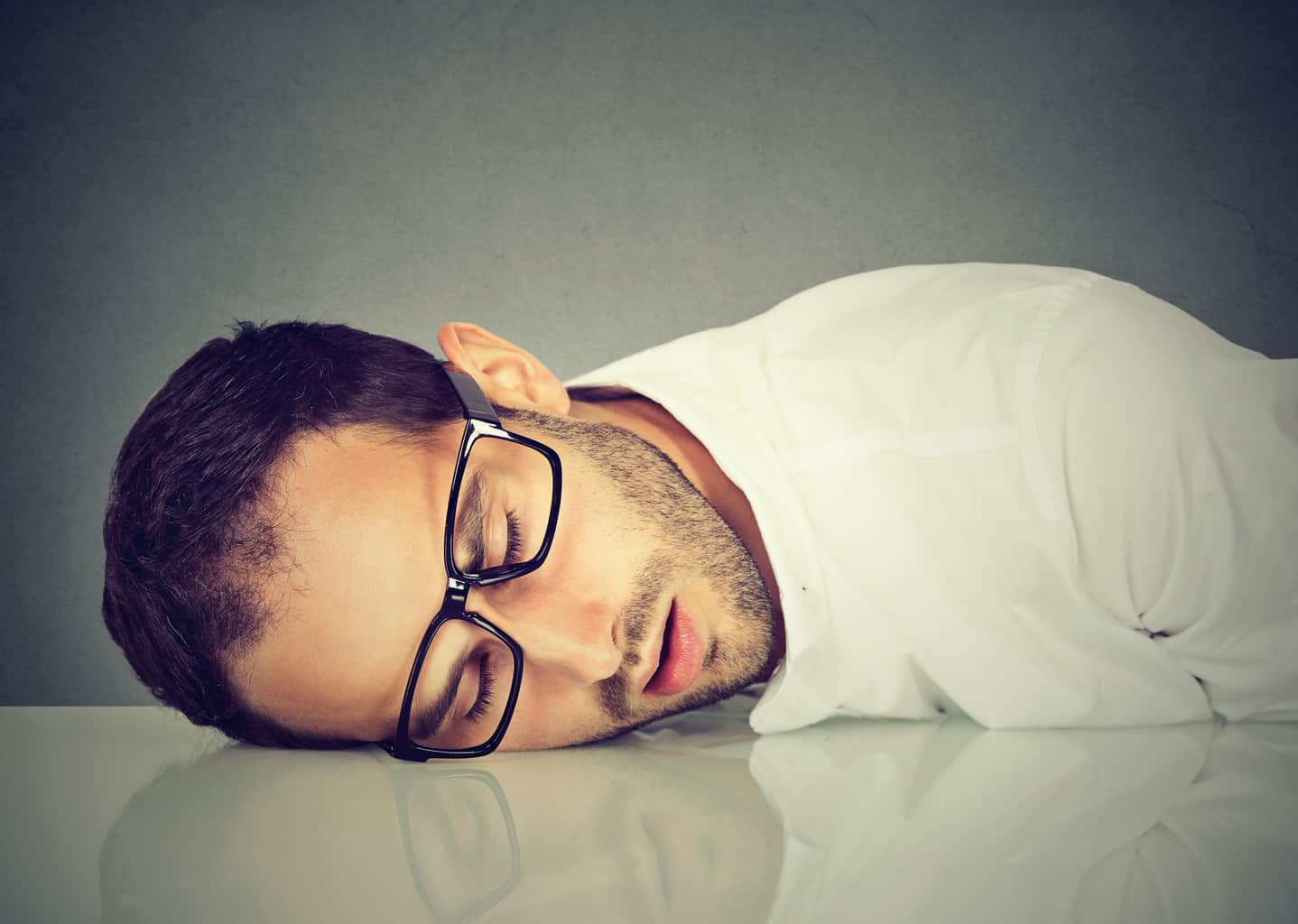
[cmamad id=”16431″ align=”center” tabid=”display-desktop” mobid=”display-desktop” stg=””]
33% of men may be sleeping too long for fat loss and muscle retention.
—–
Are you getting too much sleep?
Athletes and other high-performance individuals often extol the virtues of sleep. But it seems that many people don’t take this advice seriously.
According to the Centres for Disease Control, at least one-third of Americans do not get enough sleep.
Sleep protects against many diseases…
And it has been shown that getting adequate sleep can supercharge fat loss.
People who get enough sleep lose 55% more fat when dieting…
They also retain 60% more lean muscle mass.

This human study was conducted at the University of Chicago Sleep Research Laboratory. The results were published in the Annals of Internal Medicine.
The study enrolled 10 overweight adults in their 30s and 40s (seven men and three women).
For each phase of the test, the participants spent two weeks in a research center. Their food intake and their sleep duration were controlled.
The study involved lowering food intake and limiting sleep time to either 8.5 hours or 5.5 hours.
This was a crossover study, so all of the participants underwent the experiment twice – they did the experiment once with the 8.5 hours of sleep time and again with the 5.5 hours of sleep time.
There were at least three months between the two stages of the experiment.
[cmamad id=”16432″ align=”center” tabid=”display-desktop” mobid=”display-desktop” stg=””]
“10 overweight adults underwent 14 days of moderate caloric restriction with 8.5 or 5.5-hour nighttime sleep opportunity.”
Scientists tracked many factors during the course of the experiment. They tracked hormones, hunger, fat loss, and lean muscle tissue.
The study found that insufficient sleep prevented fat loss.
“Sleep curtailment decreased the fraction of weight lost as fat by 55% (1.4 vs. 0.6 kg).”
There are very few things that can alter the amount of fat loss in the way that adequate sleep can.
Not only did insufficient sleep cripple fat loss efforts – it also increased wasting of muscle tissue.
“5.5-h sleep increased the loss of fat-free body mass by 60%.”
It takes a long time in the gym to acquire that amount of muscle.
Muscle should be protected at all costs.
The loss of fat-free mass (muscle tissue) makes people more likely to remain overweight in the long term.
Lower muscle mass and higher body fat both have negative hormonal effects.
When we restrict food and sleep, the body starts eating away at our muscle tissue rather than our fat stores.
The participants who slept less became more adapted to caloric restriction.
Thus, their bodies were preventing healthy weight loss – because of lack of sleep.
“Insufficient sleep was accompanied by markers of enhanced neuroendocrine adaptation to caloric restriction.”
People who slept only 5.5 hours per night were hungrier.
“Sleep curtailment increased hunger, and a shift in relative substrate utilization towards oxidation of less fat.”
The ability to burn fat was also decreased by the shortened sleep cycle.
The scientists concluded that inadequate sleep prevents many of the beneficial effects of dietary interventions for losing fat.
“Lack of sufficient sleep may compromise the efficacy of typical dietary interventions for weight loss and related metabolic risk reduction.”
Scientists have wondered if inadequate sleep affects the amount of calories people consume – there are associations between inadequate sleep and obesity.
This study controlled for that variable. The amount of food people got during the study was determined by caloric needs.
The participants were not eating more because of hunger. The caloric content of the diet was set out by the scientists conducting the study.
“During each 14-day intervention period, participants consumed the same individualized diet with caloric content restricted to 90% of their resting metabolic rate at the time of screening.”
This study shows again the critical importance of adequate sleep.
But are you sleeping too much?
However, some men may think they are getting too little sleep, when in reality they may be sleeping TOO MUCH.
They are sleeping in the form of micro-naps that occur many times during the day. And the man isn’t necessarily aware that he has taken a micro-nap.
Men who yawn a lot or feel very sleepy after a meal may be suffering from this problem. It can be connected to sleep apnea.
You should see a healthcare professional about diagnosing and treating weight management problems.
—-Important Message—–
For men who are not satisfied with “pump, come, and done” – here is a radical new approach to sex that let you have sex every day into your 90s and beyond…
Even men who have had prostate surgery, or men who have had no erections for years, can use this method to have sex on a daily basis and feel more pleasure than they ever dreamed possible.
Single men can learn this method and then use it to land an amazing younger girlfriend.
This is really completely different from ANYTHING you’ve ever experienced.

Here’s how to have 30-minute sex every day even if you think that is impossible.
————-

- Insufficient sleep undermines dietary efforts to reduce adiposity
https://www.ncbi.nlm.nih.gov/pmc/articles/PMC2951287/
- CONSEQUENCES OF INSUFFICIENT SLEEP
https://www.ncbi.nlm.nih.gov/books/NBK222789/ - The health hazards of insufficient sleep - Harvard Health
https://www.health.harvard.edu/staying-healthy/the-health-hazards-of-insufficient-sleep

Leave a Reply